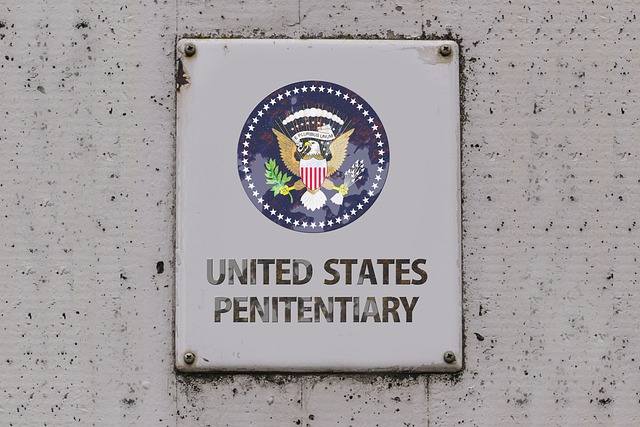Disparities in global DUI policies within immigration frameworks create unfair treatment and safety gaps for expatriates compared to local drivers, exacerbating challenges like human trafficking and border closures. Examining these differences worldwide is essential to advocate for consistent, just practices that balance public safety with immigrant rights. Harmonizing laws considering cultural nuances is crucial to address these issues, fostering uniformity, justice, and fair treatment across borders in the context of Global Immigration and DUI Perspectives.
In an increasingly interconnected world, understanding and addressing loopholes in global immigration policies is more crucial than ever. This article delves into the current state of international immigration laws and how they can be exploited, highlighting case studies on common gaps and their effects on immigration patterns and national security. Additionally, it explores the challenges posed by Driving Under the Influence (DUI) across borders, focusing on jurisdiction issues and inconsistent penalties, while proposing strategies to enhance cross-border cooperation for safer roads globally.
- Identifying Loopholes in Global Immigration Policies
- – Exploring the current state of global immigration laws and their vulnerabilities to exploitation.
Identifying Loopholes in Global Immigration Policies

In the realm of global immigration, loopholes often exist that create disparities and gaps in policies, particularly from the perspective of DUI (Driving Under the Influence) cases. These lacunae can be subtle but significantly impact how different countries handle foreign nationals accused or convicted of driving while intoxicated. Identifying these loopholes is a complex task due to varying legal frameworks and cultural norms across nations. For instance, some countries may have strict rules for local drivers but less stringent measures in place for expatriates, leading to potential exploitation.
The challenge lies in balancing the need for public safety with ensuring fair treatment of immigrants. Global Immigration policies must be robust enough to prevent abuse while considering the unique circumstances that might affect non-residents. By examining DUI laws and their implementation through a global lens, we can uncover hidden gaps and advocate for more uniform, just practices, fostering a safer and more equitable experience for all travelers and residents alike.
– Exploring the current state of global immigration laws and their vulnerabilities to exploitation.

The current global landscape of immigration laws presents a complex web with significant vulnerabilities, often exploited by individuals seeking better opportunities or refuge. With varying regulations and loopholes across different countries, immigrants can find themselves navigating a patchwork of legal complexities. These gaps in legislation allow for unscrupulous individuals to take advantage, particularly those facing economic hardships or political turmoil. For instance, the global COVID-19 pandemic exposed many systemic issues, as sudden border closures and travel restrictions left many immigrants stranded, unable to return home or move forward with their plans.
The interconnectedness of the world has also led to an increase in cross-border activities, including human trafficking and illegal migration. This rise underscores the need for a unified global perspective on immigration policies. Given the diverse nature of Global Immigration and DUI (Driving Under the Influence) perspectives, international cooperation is essential to address these challenges effectively. Harmonizing laws while considering cultural nuances could help close these gaps, ensuring fair treatment for immigrants while maintaining national security.
In closing, addressing loopholes within global immigration policies is paramount to ensuring fairness and safety in the face of evolving challenges, particularly from international DUI perspectives. By acknowledging and rectifying these gaps, nations can foster more secure borders while promoting equitable opportunities for all individuals seeking new beginnings abroad. Through collaborative efforts and innovative solutions, we can navigate these complexities to build a more inclusive global community.






